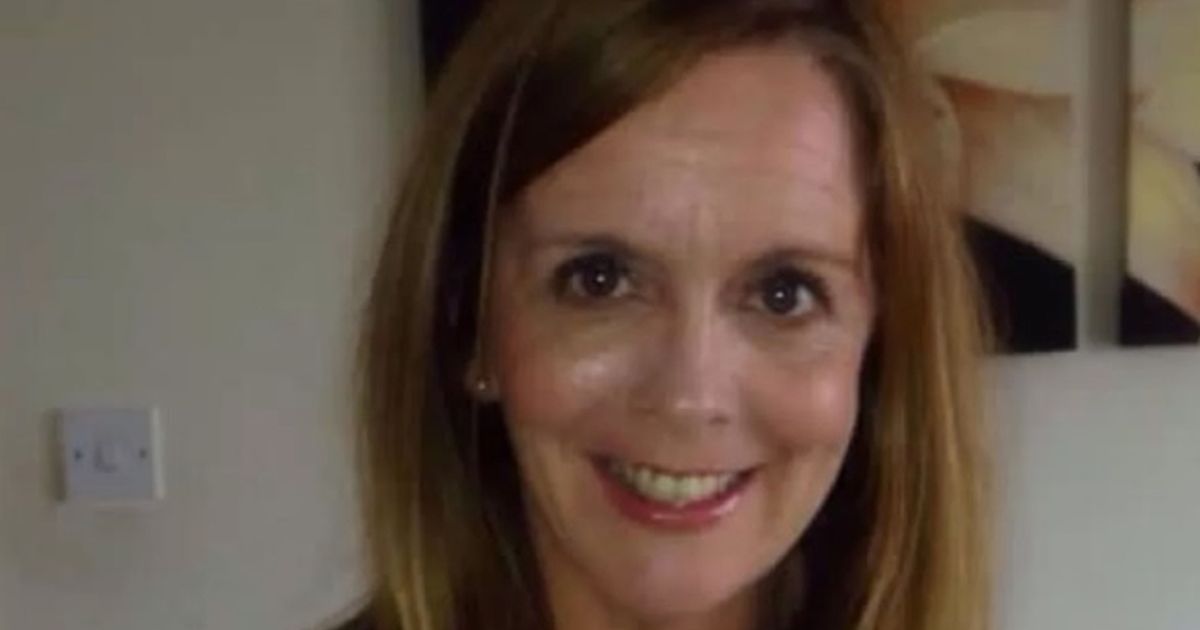Paul Furness said: “She isn’t going to get better, she’s going to get worse. We do things with her like going on holiday so we can make memories – but really, those are memories for me and my daughters.”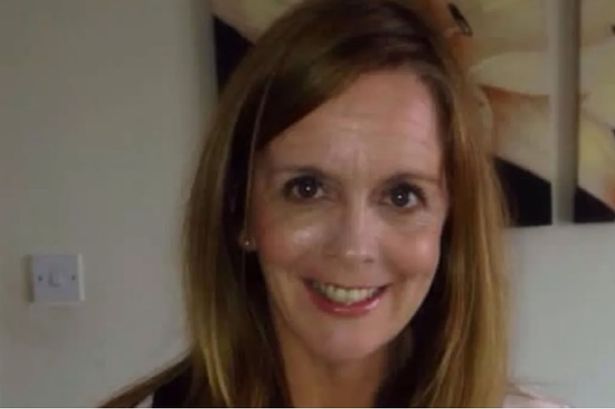
The husband of a woman diagnosed with Young Onset Alzheimer’s at just 56 has shared an insight into what life is really like as a carer for his spouse.
Paul Furness thought wife Nicola’s breast cancer and a double mastectomy 10 years ago would be their biggest challenge.
But he now describes Alzheimer’s as “the battle they’re not going to win”.
Paul, who lives in Beverly, East Yorkshire, first noticed Nicola’s forgetfulness and confusion in 2019, starting off as little things at first.
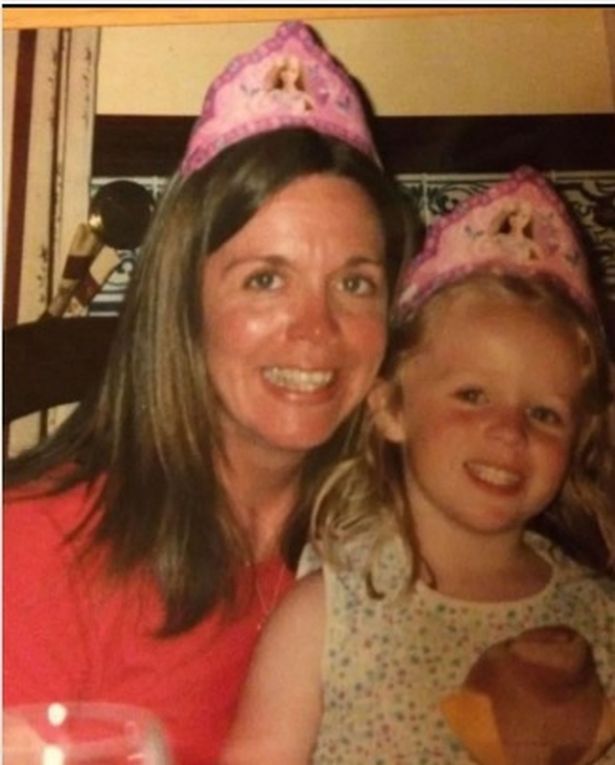
He said: “She’d make a cup of tea but just pour in the hot water then walk away and leave it.
“She’d repeat questions she had just asked me, and she even drove home with our daughters and went past the top of our street that we’ve lived on for 25 years.”
She even got lost in Primark for nearly two hours because the layout “was confusing”.
The condition has also caused Nicola to be in danger.
 Join the Daily Record WhatsApp community!
Join the Daily Record WhatsApp community!
Get the latest news sent straight to your messages by joining our WhatsApp community today.
You’ll receive daily updates on breaking news as well as the top headlines across Scotland.
No one will be able to see who is signed up and no one can send messages except the Daily Record team.
All you have to do is click here if you’re on mobile, select ‘Join Community’ and you’re in!
If you’re on a desktop, simply scan the QR code above with your phone and click ‘Join Community’.
We also treat our community members to special offers, promotions, and adverts from us and our partners. If you don’t like our community, you can check out any time you like.
To leave our community click on the name at the top of your screen and choose ‘exit group’.
If you’re curious, you can read our Privacy Notice.
Paul said: “Nicola drove to a friend’s party. She then told friends that I had dropped her off and proceeded to drink alcohol. She was stopped by the police and breathalysed on the way home. She passed but they could see how confused she was and the police drove her home.”
As well as losing her ability to cook, clean the house and shop, looking after his wife’s hygiene is another grey area that is often overlooked and not spoken about enough. Paul’s keen to change that.
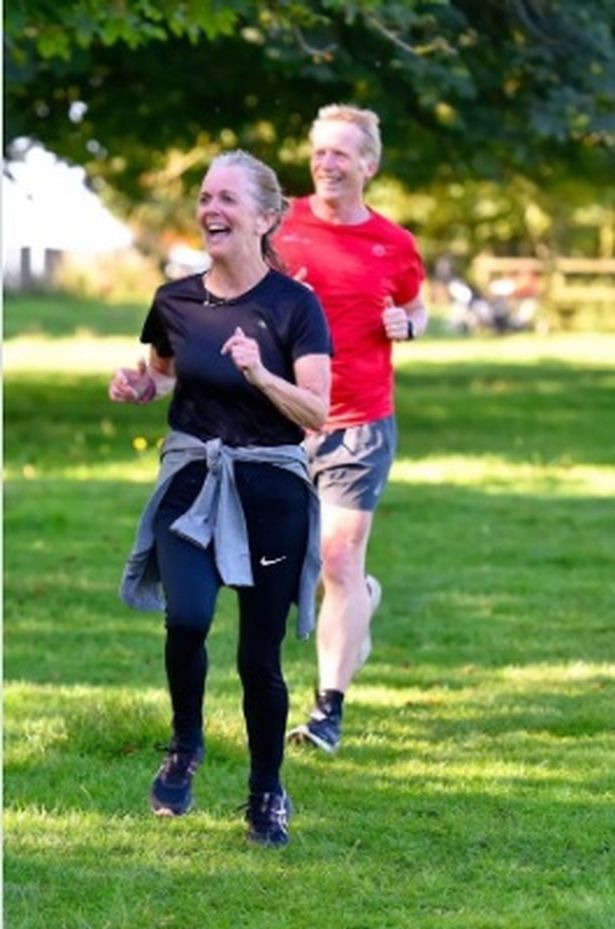
“I have to shower her because she’d walk into the shower with her pants on. I have to tell her what she has to do with the shower gel and the shampoo. It’s exhausting. She won’t remember simple things like flushing the toilet of course, and I need to dress her, brush her teeth and tie her shoe laces.
“You would think a 58-year-old woman would find it all frustrating, but she’s passed the point of knowing that she has Alzheimer’s. It can be mentioned on TV soaps and we no longer speak over it like we would have two years ago, she’s not aware that she has it.”
Local council worker Paul says he’s been left “juggling a lot of balls in the air” over the last difficult few years.
He has gone from working full-time to a reduced 15.5 hours a week. “I’m only 55, I’m not ready to retire yet. It’s too early.
“My youngest daughter is at drama school, it’s costing me a fortune. We’ve had to make cutbacks and sacrifices. I have to be careful about how I’m managing money now.”
And it’s this reason that made getting a proper diagnosis vital.
Nicola was allowed to leave work as ‘ill health retired’’, a status that makes a remarkably bigger financial difference against being dismissed for being off sick for a long period of time.
Paul told The Mirror: “She hated the whole diagnosis process because it’s so drawn out and protracted – it was so emotionally humiliating for her. To watch her during the cognitive testing where somebody asks what five plus seven is, what the names of her daughters are, her daughters ages. She was getting mixed up and not able to answer. Being given a score described as ‘abnormal’.
“It was horrendous, followed by CT scans, MRI scans and then she was sent for a mental health check. That was arduous because she’s quite a private person.
“She isn’t going to get better, she’s going to get worse. We do things with her like going on holiday so we can make memories – but really, those are memories for me and my daughters. We take lots of pictures and then we put them into books so that she can remember the experience.
“Nikki lives in the moment, but I’m very fortunate to be able to give her these experiences at least. I don’t know how long that’s going to last – it’s becoming increasingly difficult.”

As her primary carer, Paul’s at the stage where he can’t go out alone with her often anymore.
He said: “I can’t leave her at all now. I went to the bathroom and she went looking for me while I was away. I lost her for a minute but it was the longest minute of my life. It was an absolute panic.”
One thing that Paul does rely on is running. It’s the one thing he has held onto from his pre-Alzheimer’s life, running on a Monday to Wednesday as part of a club when he’s working. His mum, 79, stays over to help Nicola while he takes some much needed respite and the chance to get out and chat about anything that’s non-Alzheimer’s.
“It’s a release valve for me. We’ll talk about our kids and what they’ve been up to. It spurs me on and gives me a break and escape.”
He also takes Nicola along to the park for yoga, Parkruns and gym classes too.
He laughs: “She is in completely the wrong position to everyone else in the class but it doesn’t matter – the instructors are so kind and spend so much time with her.”
Glimmers of the Nicola he once knew shine through whenever she hears music – especially 80s retro soul – moments Paul calls “a beautiful thing”.
“Music brings her back to life again. It’s like we have her back. This month we’re going to see a Luther Vandross tribute again,” he says, admitting it’s the fourth time they’ve seen the same act perform. “Nicola starts singing, dancing, she comes alive. Music is a very powerful thing.
“It’s fascinating as well, she’ll remember the songs word for word whereas normally I can tell her something and three seconds later, it’s gone.”
Despite having friends, a supportive mum and two daughters – Isobel, 25 and Lydia, 20 – loneliness can still creep in.
He said: “I don’t have anybody on a weekend who can watch her to let me do anything. I’ve tried external help before but she rejects them.
“I can get very lonely because Nicky was an educated, articulate, vibrant, funny, compassionate, caring woman and now she’s just a pale shadow of herself.
“There’s no conversation there, apart from her asking for things, because the conversation gets lost. I terribly miss the woman that I was married to and had children with. I miss conversation with her the most, and seeing her being a mother to the kids. She’s their mum more by name only now. ”
Paul, who has raised around £12,000 for Dementia UK and the Alzheimer’s Society since his wife’s diagnosis, still finds ways to spot the old Nikki deep inside. “If we go supermarket shopping I try to avoid Tesco because it’s got the clothing section and she’s just obsessed that she’s got nothing to wear. Every time we go in, I end up buying another set of pyjamas!”
As a father, Paul has one major concern for his grown daughters.
“They’ve shown me how incredibly resilient they both are. My eldest has qualified as a chartered accountant and my youngest has moved away for drama school. The one thing that I didn’t want to see is their mum’s health and condition derail their ambitions.”
“I see this as dealing with things 25 years before I thought I might have. We found out just before our 25th wedding anniversary. Instead of going for an Italian meal, we went to Calabria in Italy on holiday. We had a week there and it was still very raw.”
TV presenter Fiona Phillips, who released a new book Remember When last month, was diagnosed with Alzheimer’s disease in 2022, at 60 years old.
Her husband Martin Frizell has spoken out about how difficult life as a carer can be saying earlier this year that his wife needs “a lot of help”, with his care extending to showering Fiona, brushing her teeth, dressing her and ultimately “making her feel as safe as possible”.
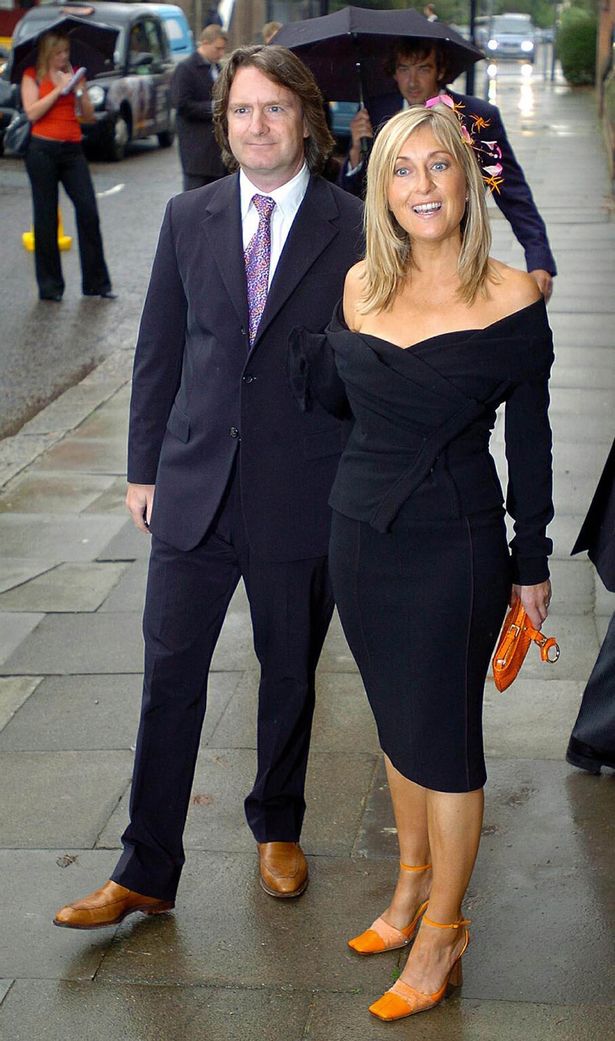 (Image: shared content unit)
(Image: shared content unit)
As another husband in a caring role, Paul reflects on Martin’s situation. “I resonate with Martin a lot. Everything they’re going through is the same as me – we’re living a similar life.”
In survival mode these days, Paul lives one day at a time.
“Just keep pressing repeat on the things that make you smile in life. Because you don’t know when life’s going to catch you out.
“You’ve got to wake up and you’ve got to reset and you’ve got to put a smile on your face each day. You can’t drown in self pity. You can’t just concentrate on the negative aspects of life. You’ll just go under.”
“I miss her, and this is going to get harder. It’s like watching someone fade away in front of you. This isn’t a normal part of the ageing process. She’s now someone I used to know.”
Alzheimer’s Society is there for anyone affected by dementia, through its website alzheimers.org.uk and its Dementia Support Line on 0333 150 3456.
